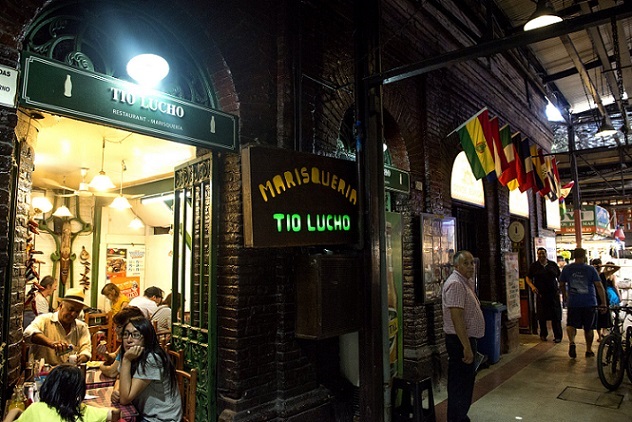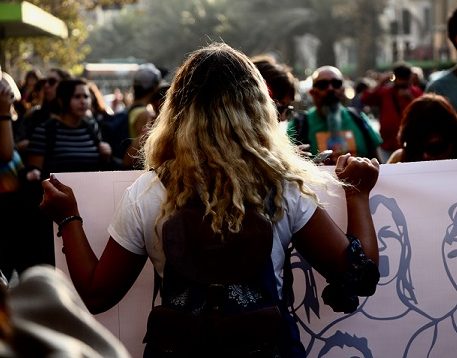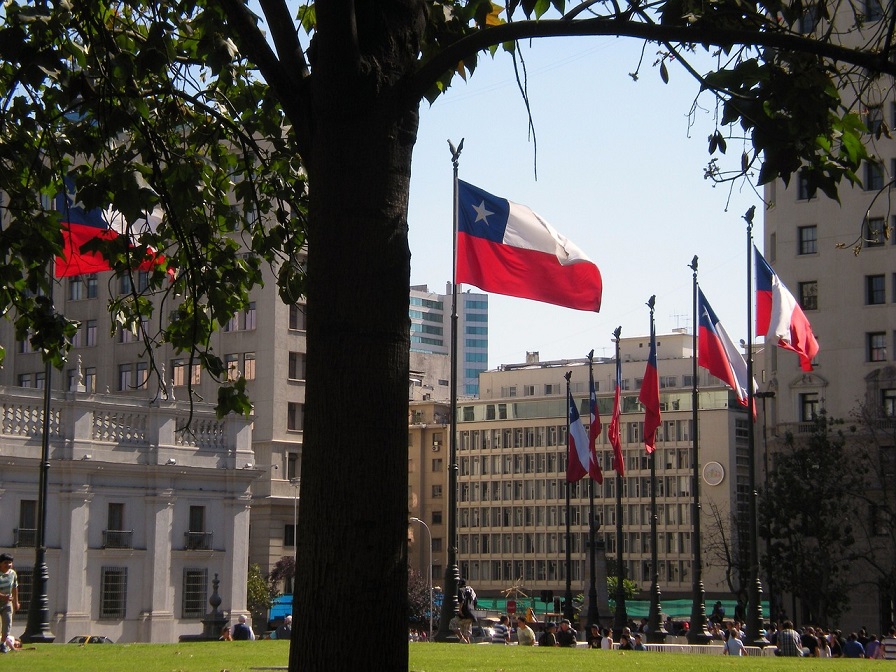In the opinion of the experts, if a cross-cutting agreement representing the whole of society is not reached, it is very likely that the population will end up voting against it in next December’s plebiscite and the constitutional process will fail once again.

Carmen Esquivel Sarría
“The fundamental law of a country cannot be a tailor-made suit for one sector and, under no circumstances, be a regressive text with respect to social rights and civilisational advances that have cost the people so many sacrifices,” said the Communist Party of Chile.
And he said this because Chile is currently immersed in its second constituent process, but the lack of interest shown by citizens, together with controversial amendments introduced by the far right, augur a new failure, if the course is not corrected. At least this is reflected in the most recent surveys conducted by the firm Plaza Pública Cadem and the Center for Public Studies (Centro de Estudios Públicos (CEP)) on the work of the Constitutional Council, in charge of preparing the proposed Magna Carta that will be submitted to a referendum on 17 December.
According to Cadem, 57% of those interviewed said they would reject the text, a figure that represents an 11-point increase since last May.
In the second survey, carried out by the CEP, 37 out of every 100 respondents rated the work of the constitutional council as bad or very bad, the same number did not express an opinion and only 19% of the population endorsed it.

One of the causes of the apathy is the leadership of this process by the extreme right-wing Republican Party, which from the beginning refused to join the Agreement for Chile to reach a new Magna Carta to replace the one in force since the dictatorship of Augusto Pinochet (1973-1990).
In the 50-member body, the Republican Party holds the first majority with 22 seats, and with the 11 seats of the right-wing coalition Chile Vamos, they can impose a veto and are free to draft the document as they wish.
The other force in that body, the left-wing coalition Unity for Chile, has 16 councillors, and the indigenous peoples have only one.
During the process, 1,69 amendments to the original text, drafted by a commission of experts, were presented, and many of these modifications, coming from the far right, are considered a step backwards for human, economic, social and cultural rights and guarantees.
These proposals include eliminating workers’ gains by limiting the right to strike.
Conservatives also want to declare abortion unconstitutional on three grounds, i.e. foetal non-viability, rape or risk to the mother’s life. Other amendments proposed by the Republicans include the annulment of gender parity and the removal of the supranational character of international treaties, including human rights treaties.
 It also seeks to benefit those convicted of crimes against humanity during the dictatorship, with the possibility for those over 75 years of age to serve sentences at home, and to dedicate an exclusive chapter to the Armed Forces. In addition to all of the above, the council’s refusal to consult indigenous peoples on the issues contained in the draft Magna Carta that affect them constitutes a step backwards in terms of citizen participation and a violation of international treaties. PL
It also seeks to benefit those convicted of crimes against humanity during the dictatorship, with the possibility for those over 75 years of age to serve sentences at home, and to dedicate an exclusive chapter to the Armed Forces. In addition to all of the above, the council’s refusal to consult indigenous peoples on the issues contained in the draft Magna Carta that affect them constitutes a step backwards in terms of citizen participation and a violation of international treaties. PL
(Translated by Cristina Popa – Email: gcpopa83@gmail.com) – Photos: Pixabay












.jpg)












